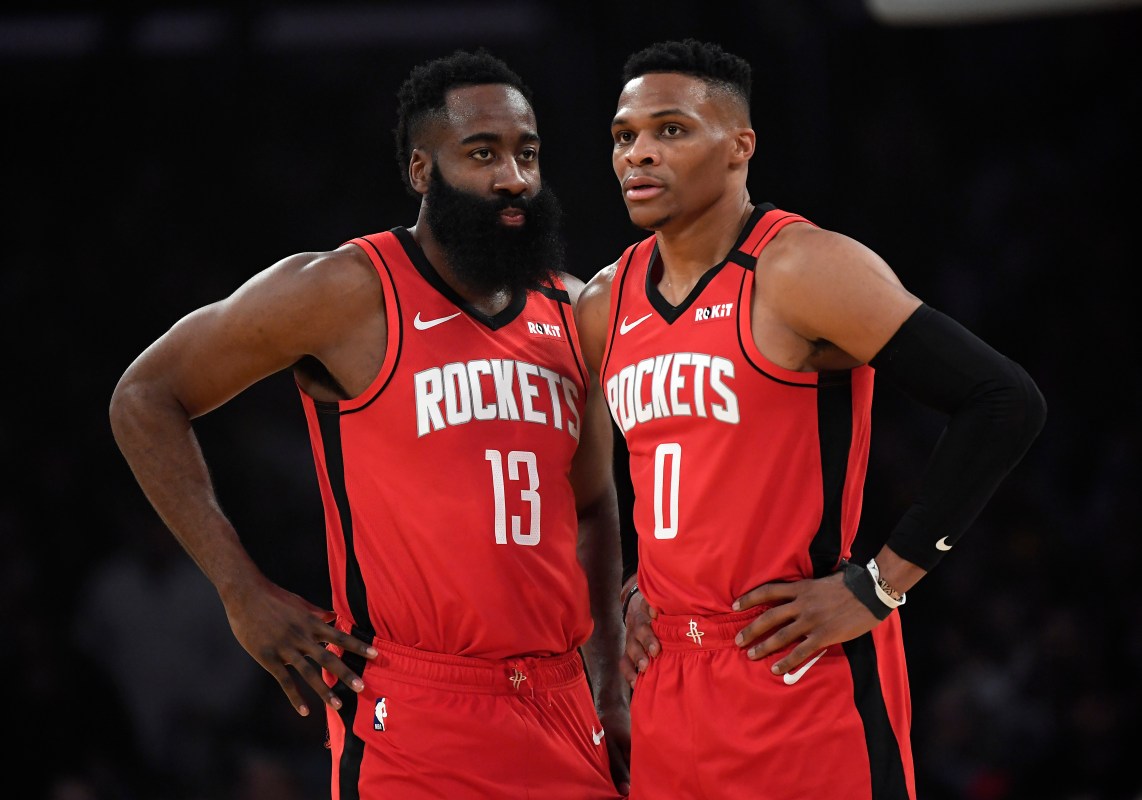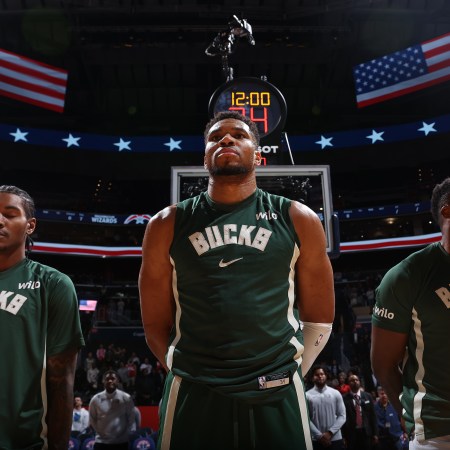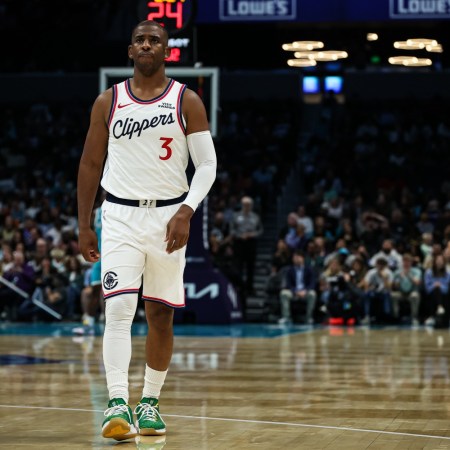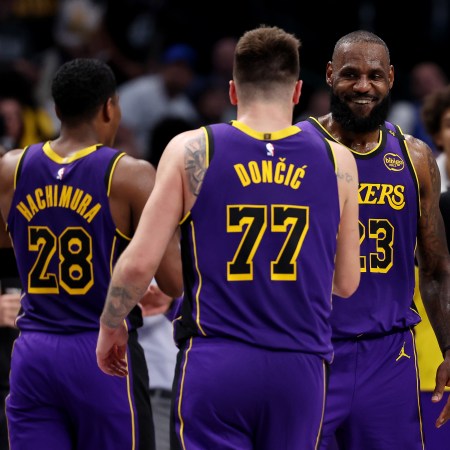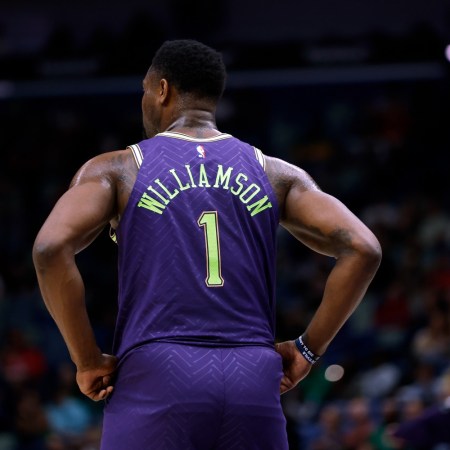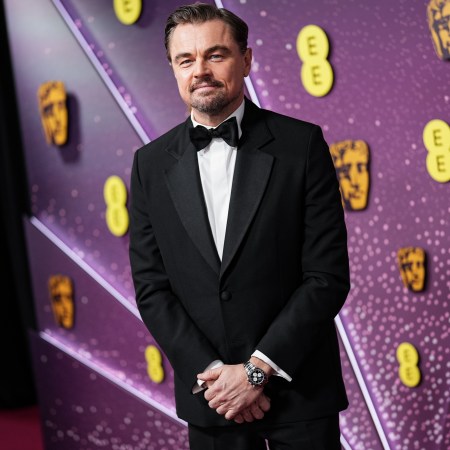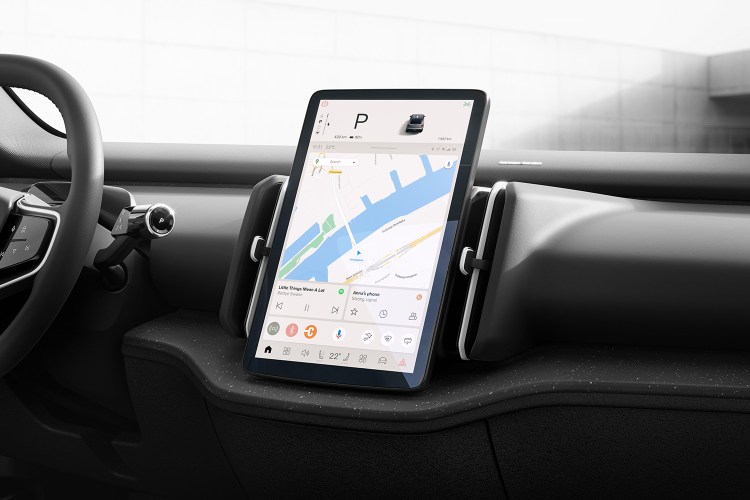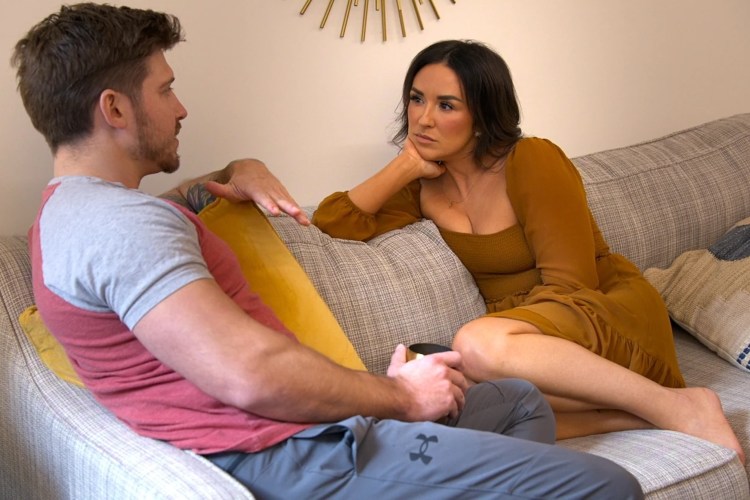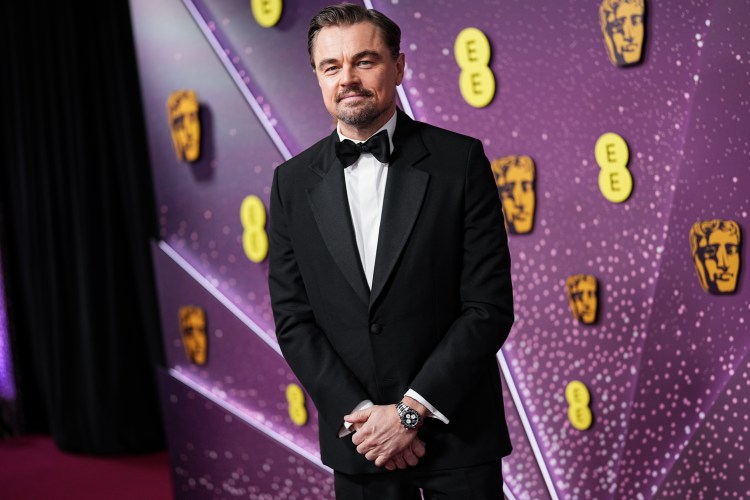The pairing of James Harden and Russell Westbrook is one of the most fascinating combinations in NBA history. Both players are former MVPs, but they’re also the two highest usage players the NBA has seen over the past few years. It’s not an ideal fit when we think of super teams or superstar tandems. Three-point shooting and defense have become ultimate factors in deciding whether superstar-laden teams can work.
The combination of Houston’s front office, coach and players will always be a polarizing sports topic. Mike D’Antoni famously won games with Seven Seconds or Less basketball in Phoenix, but has never been able to escape the detractors that denounce his brand of basketball as a gimmick. As a central architect in the analytics movement, Daryl Morey has had to deal with the constant chatter of how the combination of isolation basketball and high volume three-point shooting will never win a championship.
As Jack Tien-Dana previously noted, Westbrook and Harden are one the most polarizing duos in NBA history. Westbrook and Harden have both faced criticism throughout their careers. Westbrook for his empty calories stat padding that led to three consecutive first round exits post-Kevin Durant. Harden for his isolation-heavy, aesthetically unpleasant style of drawing fouls.
Still, Harden’s mere presence causes defenses to melt down and Westbrook is constantly attacking opponents with sheer force. The fit will work regardless of the awkward on-court tension that exists between Harden and Westbrook’s conflicting styles of play.
Many expected the Westbrook-Harden pairing to fail given the talent and alpha mentality of both players, but the reality is that it also depends on where we move the goalposts of failure. As they start the second-half of the season, the Rockets are fifth in the Western Conference with a 33-20 record. That’s a solid mark and they’re only two games behind the Utah Jazz for fourth place. It’s not a record that would place Houston in true title contender status, but it’s a record that gives you the idea that the Rockets have a puncher’s chance in the playoffs.
Two seasons ago, Houston was dominant with a 65-17 mark. They peaked with a near elimination of the dominant Golden State Warriors in the Western Conference Finals. The difference between that team and Houston’s current roster was defense. Two seasons ago, the Rockets finished sixth in defensive efficiency. Currently, they are 16th in defensive efficiency.
Morey has always attempted to tinker with Houston’s roster and keep the franchise in contention through Harden’s prime. When Chris Paul and Harden’s partnership showed cracks in its foundation after last year’s playoff run, Morey was quick to deal Paul’s exorbitant contract for Westbrook’s equally painful deal. The Westbrook pairing made it easier for teams to double Harden consistently. Two non-shooters in Clint Capela and Westbrook gummed up Houston’s offense at times.
Seeing the flaws in Houston’s roster, Morey made a gamble trade in dealing starting center Capela to the Atlanta Hawks in a four-team, 12-player deal. In the same deal, the Rockets acquired forward Robert Covington from the Minnesota Timberwolves. Covington is a strong two-way player, with the ability to fit in as a spot-up shooting threat and a defender who can guard multiple positions.
Capela was the perfect pick and roll partner for Harden and a strong rebounder and rim protector. So why make the move? While the focus was on Houston embracing small ball, there were a couple of functions that this trade causes for Houston. The Harden and Capela pick and roll play had been reduced in favor of Harden isolations.
The Rockets now feature a rotation where there are no players over the height of 6’7”. Houston’s roster is capable of switching across every position on defense. Also, this spread lineup featuring four players capable of shooting from three. That will allow Westbrook to unleash his fury in the paint.
Though the focus after the trade shifted to 6’5” P.J. Tucker as the starting center for Houston, this small ball lineup has placed Westbrook in an intriguing position. Teams have already relegated their rim protectors to Westbrook duty. The Lakers had Anthony Davis guard Westbrook in Houston’s first game with Covington while the Utah Jazz opted to put two-time Defensive Player of the Year and seven-footer Rudy Gobert on Westbrook.
Teams are daring Westbrook to shoot, but he’s not taking the bait. Since the Rockets went to their small lineup, Westbrook has averaged 33.5 points in four games. In those four games, 71.6 percent of Westbrook’s points have come in the paint.
The teams that ultimately win championships are versatile. The Golden State Warriors were at their best with the Death Lineup that featured 6’6” Draymond Green at center, but the franchise had capable centers such as Andrew Bogut, JaVale McGee and Zaza Pachulia to match up with different teams and styles.
The Rockets are not versatile.Sitting at 22nd in defensive rebound rate and middle of the pack in defense, they are now a team with the ability to only play one style of basketball. Their title hopes are even more slim if they can’t right the ship in those two categories.
The one factor granting the Rockets reprieve is the lack of a clear-cut title favorite with few flaws. The Los Angeles Lakers and Los Angeles Clippers are at the top of the West, but both teams have their warts. The pressure on Harden and Westbrook to take Houston to the next level is immense. If it doesn’t happen, can the Rockets run it back with the same core? The franchise will owe Harden and Westbrook a combined $263 million over the next three seasons (both players have $47 million player options in 2022-23). Though it doesn’t seem like a final stand, Houston’s best days are likely in the past.
The Charge will help you move better, think clearer and stay in the game longer. Subscribe to our wellness newsletter today.
